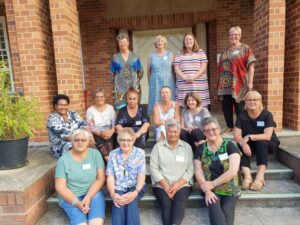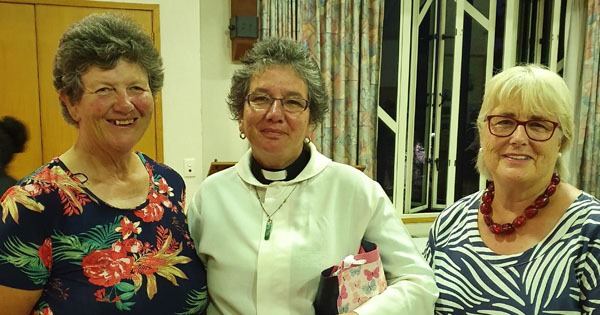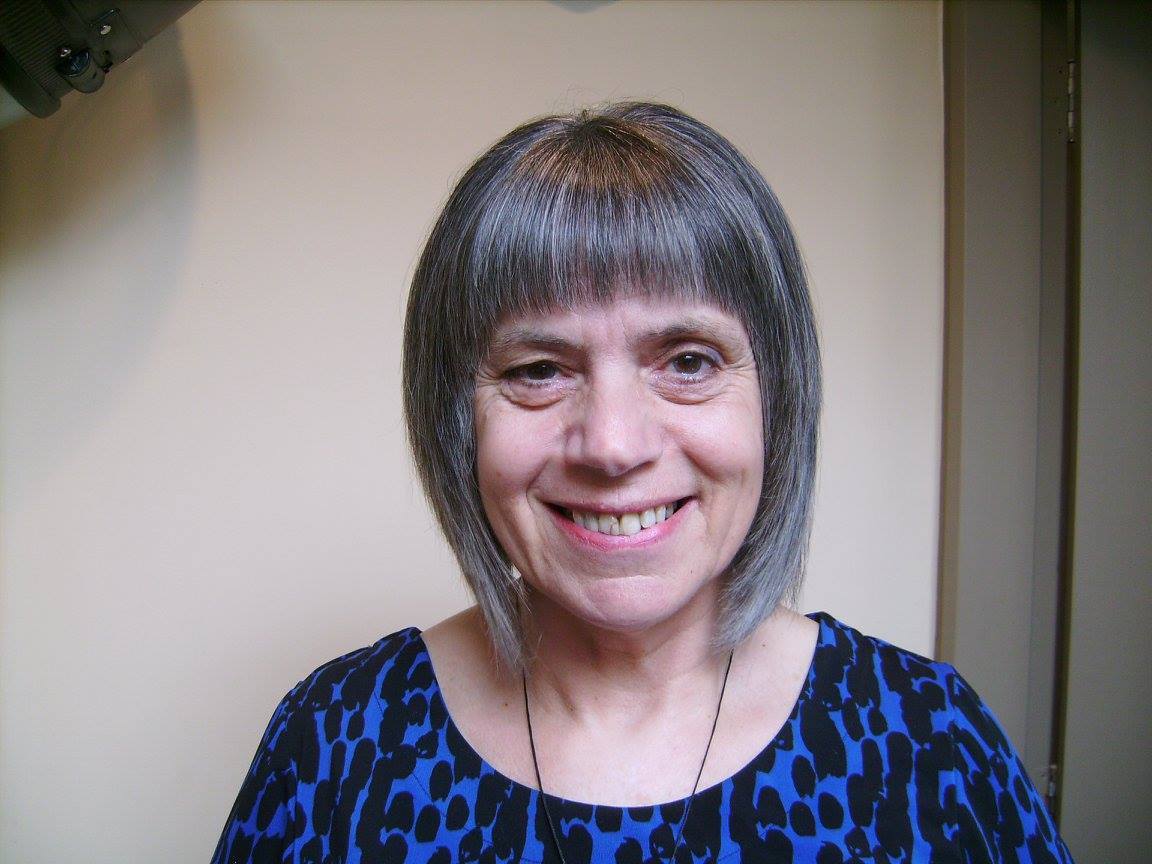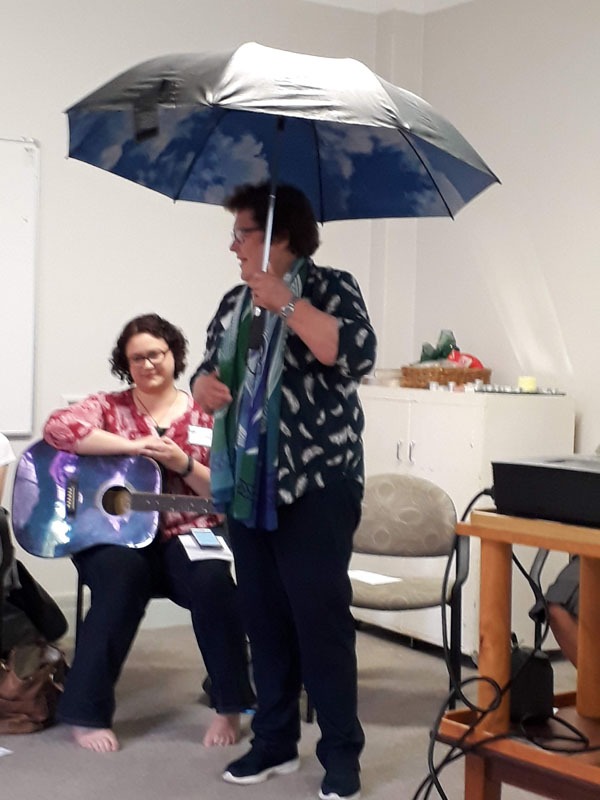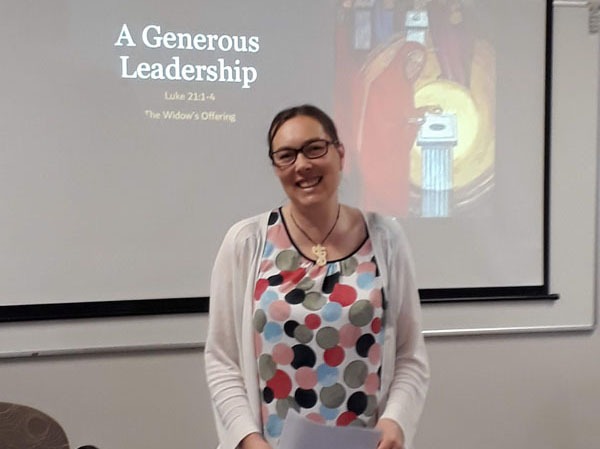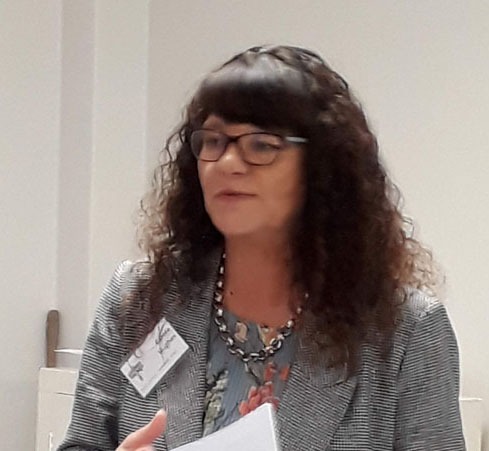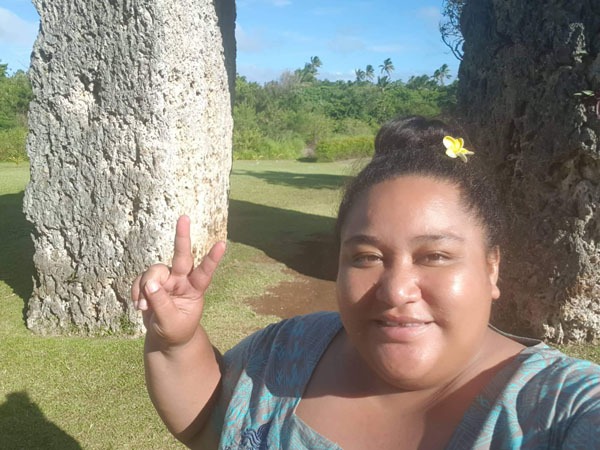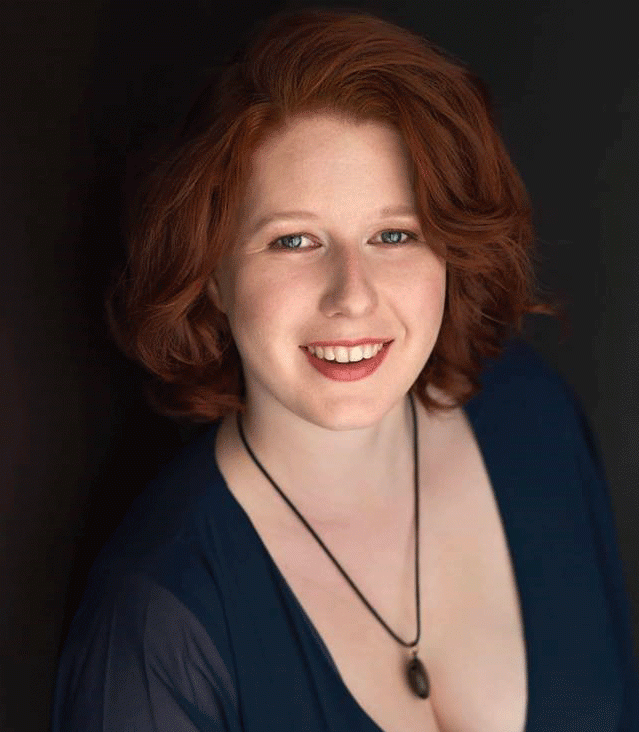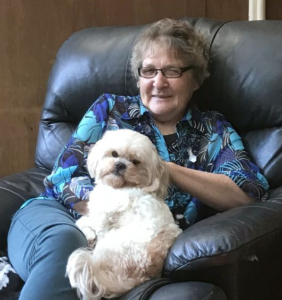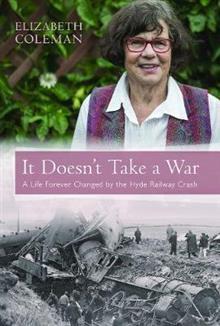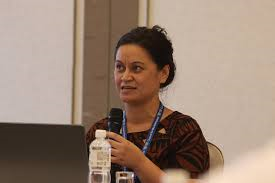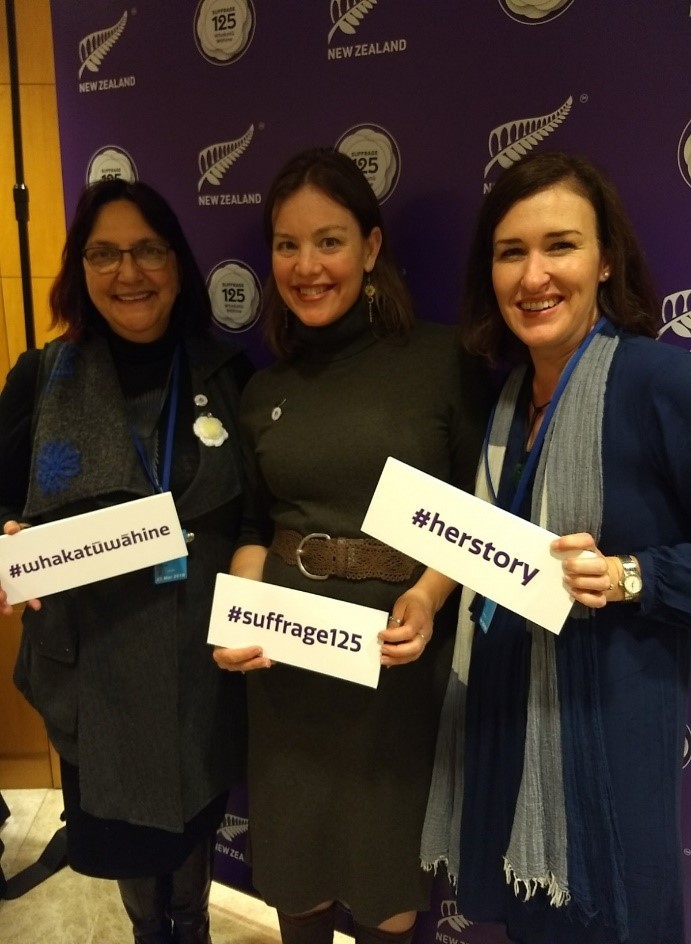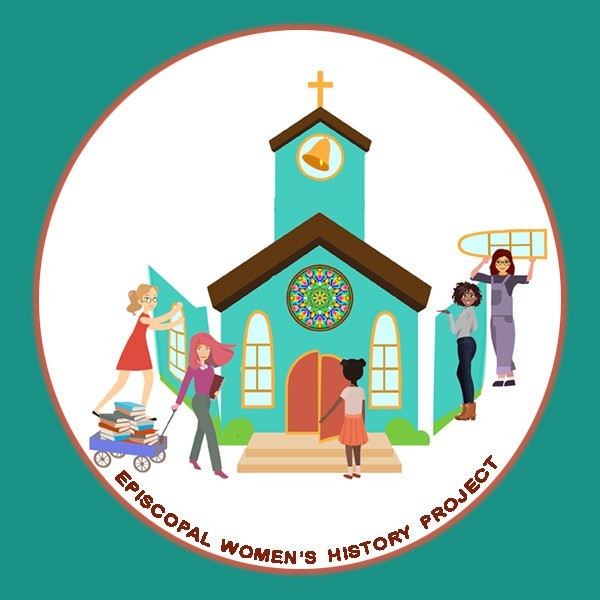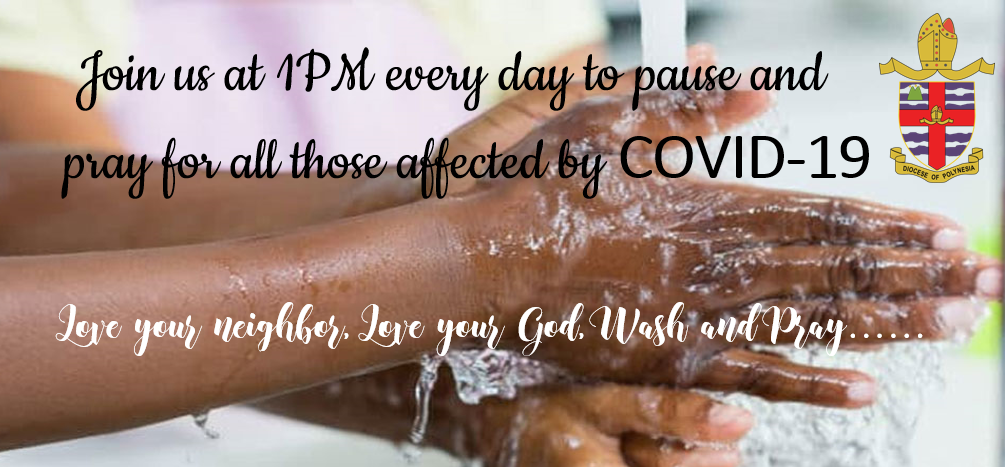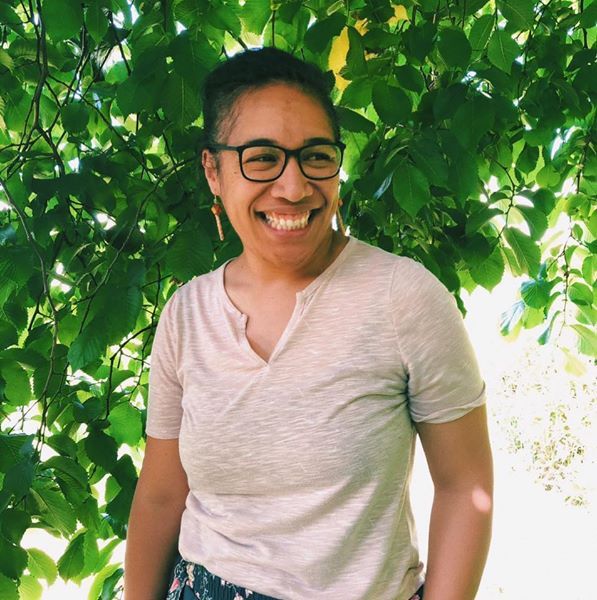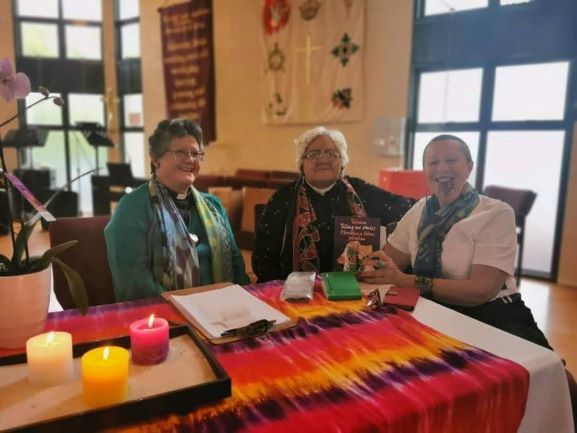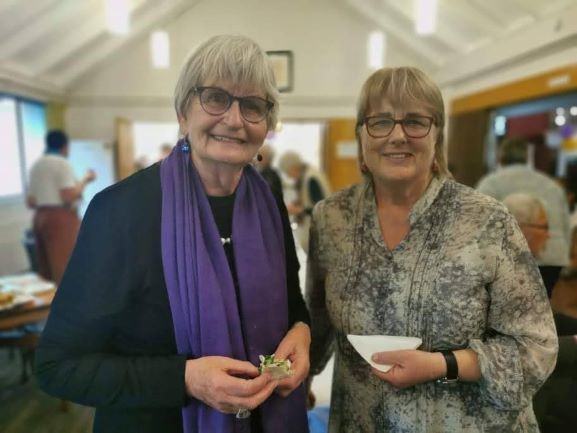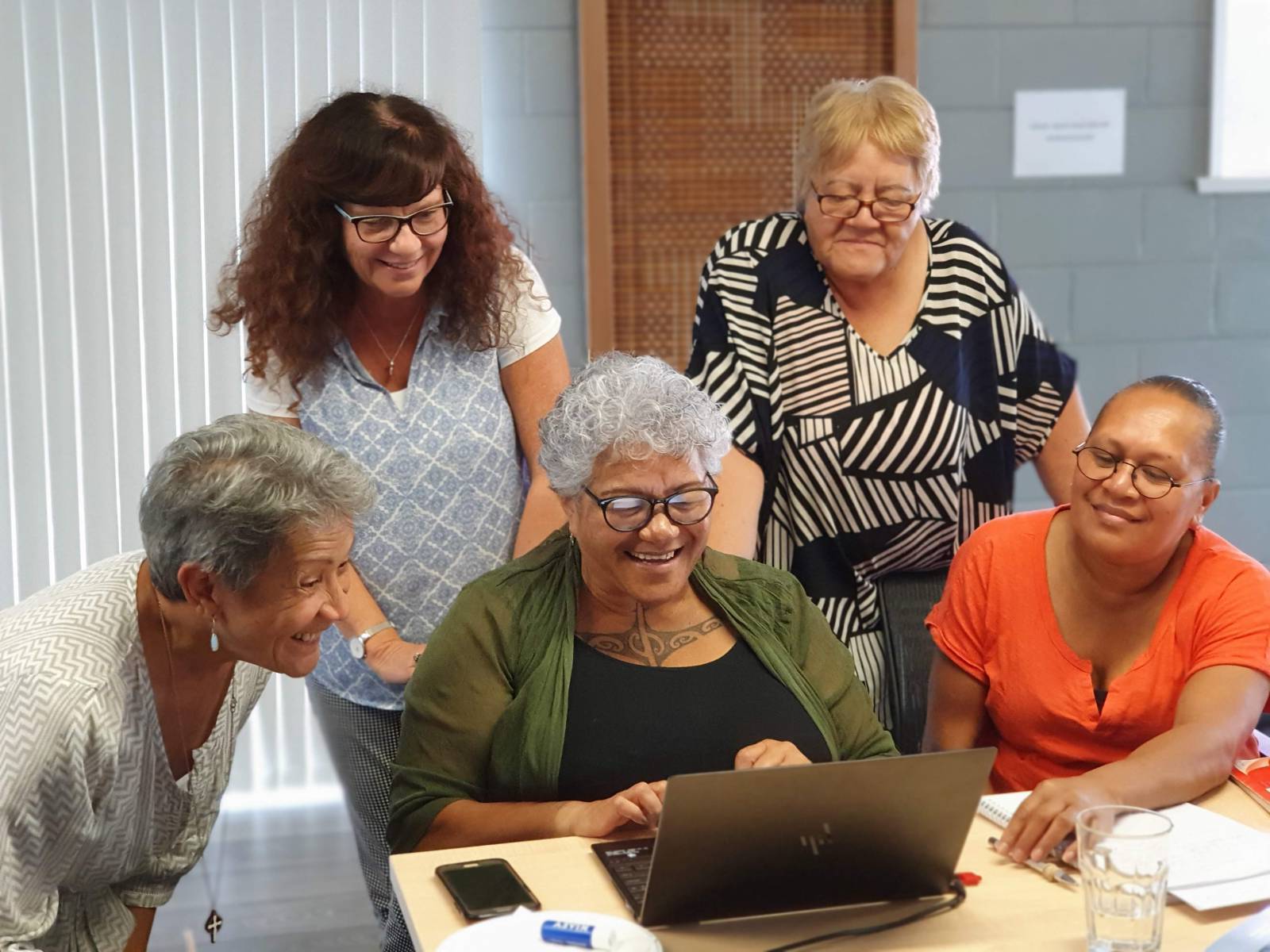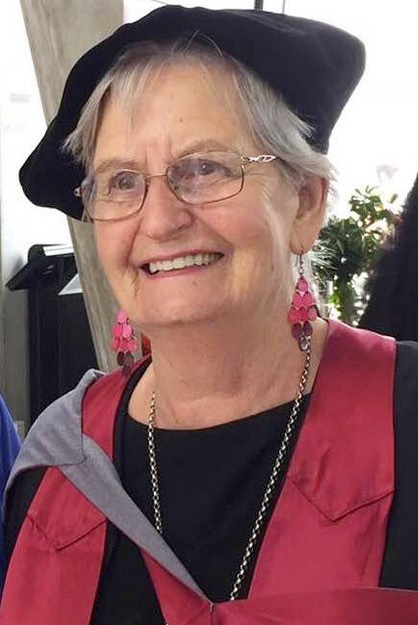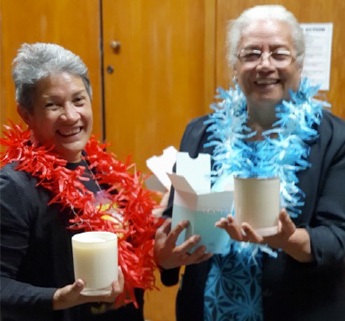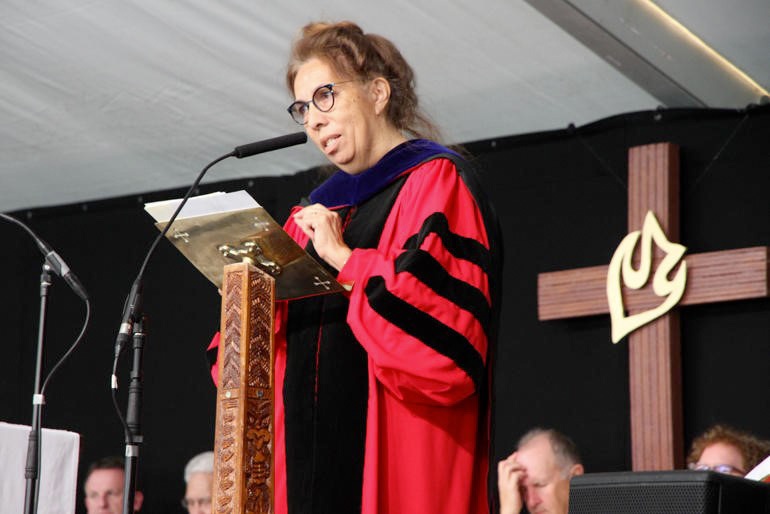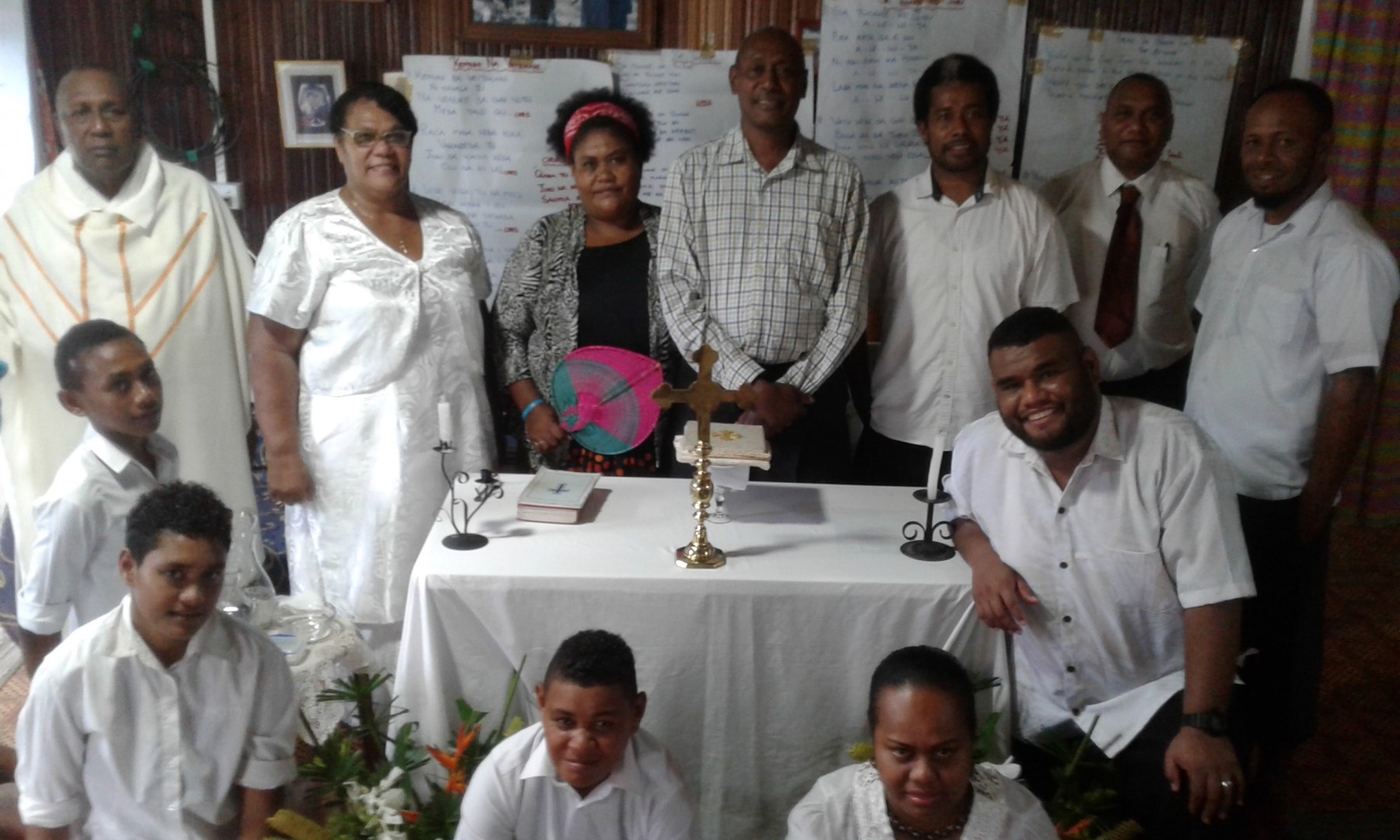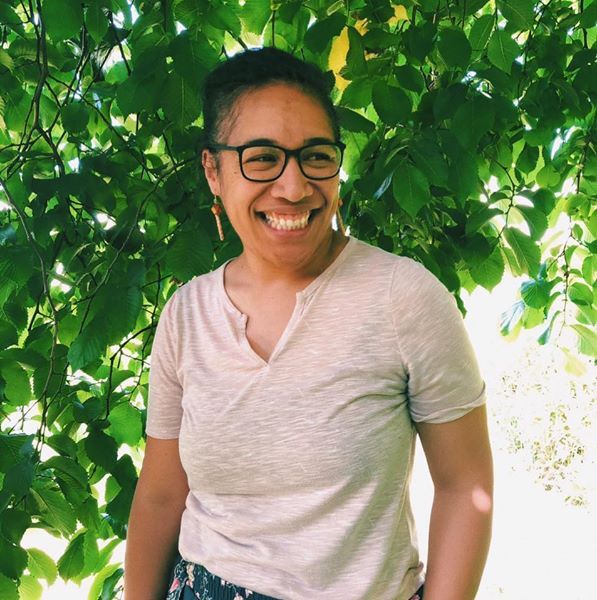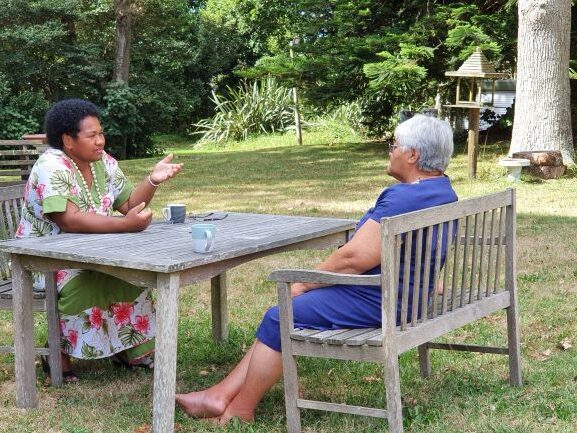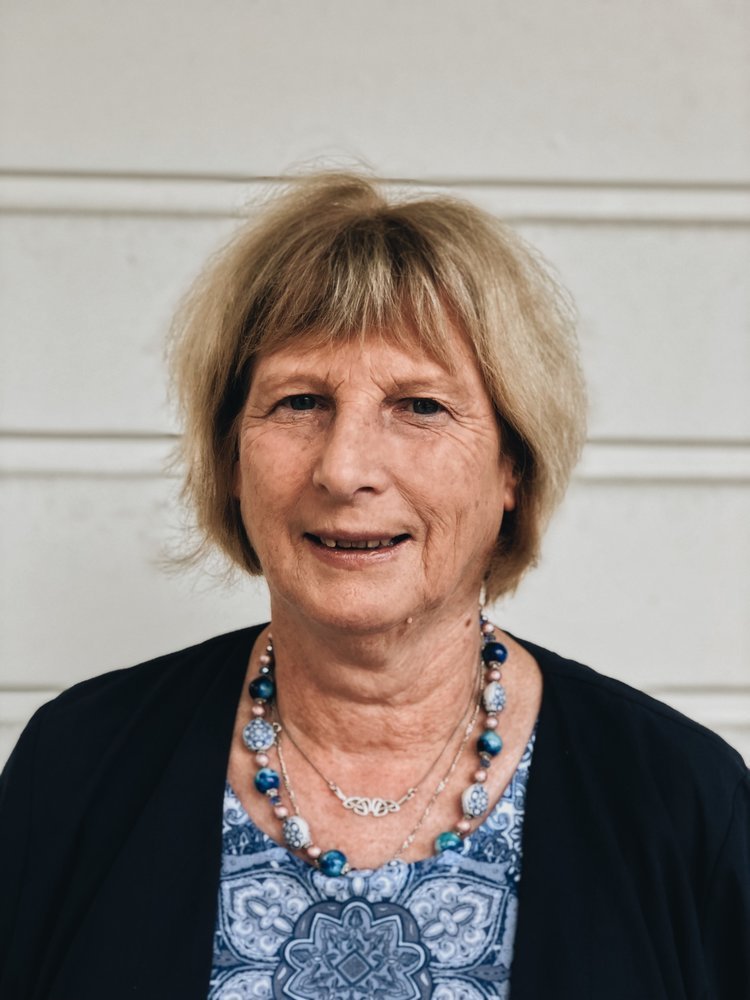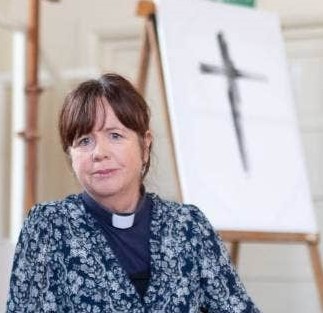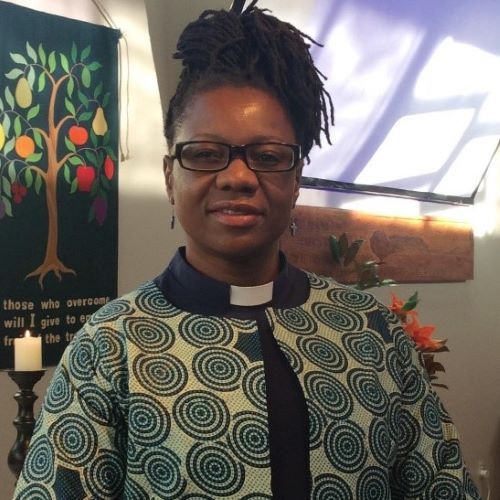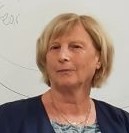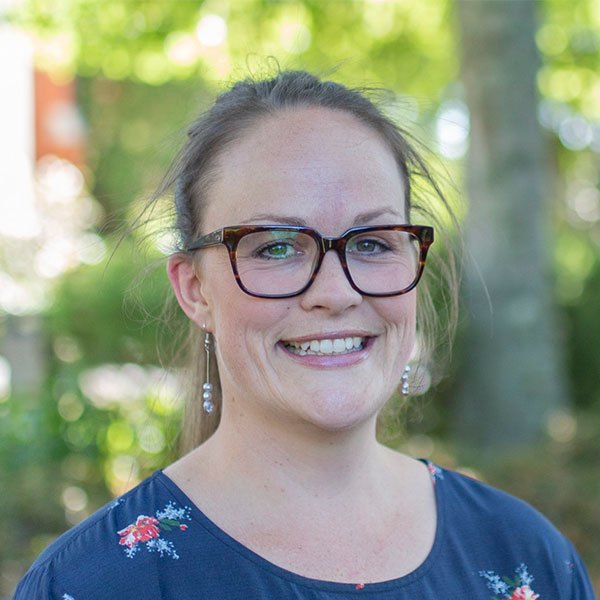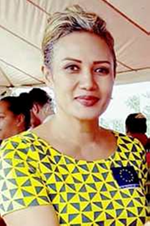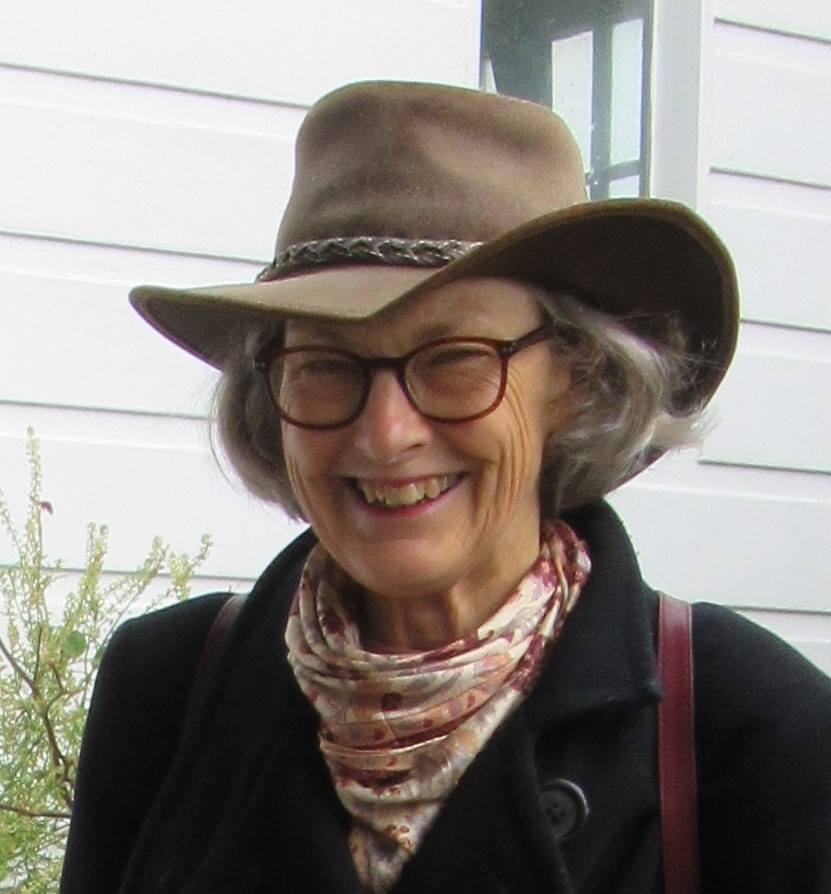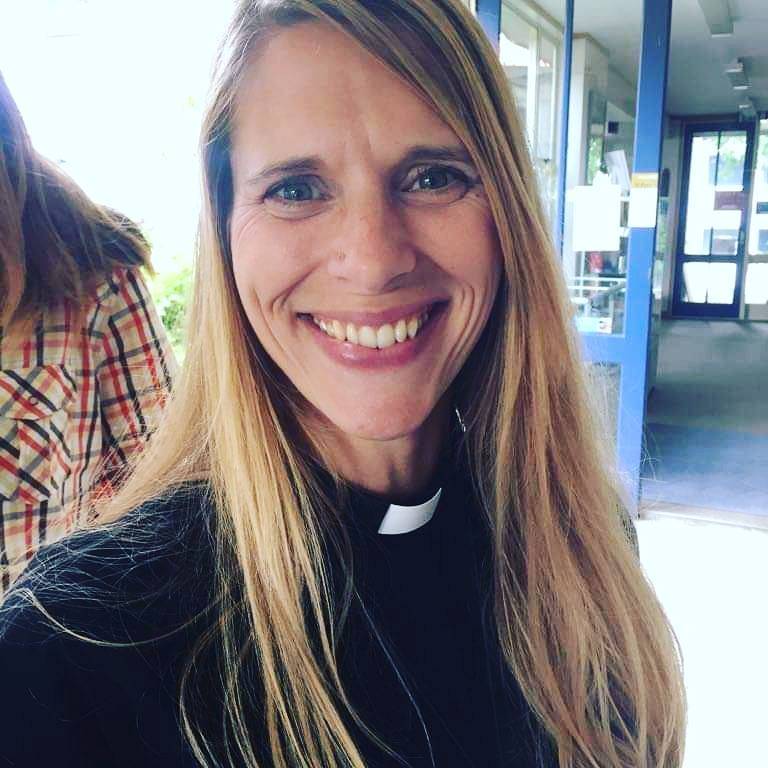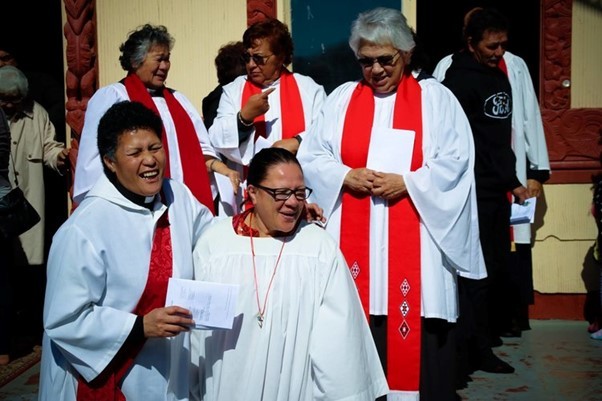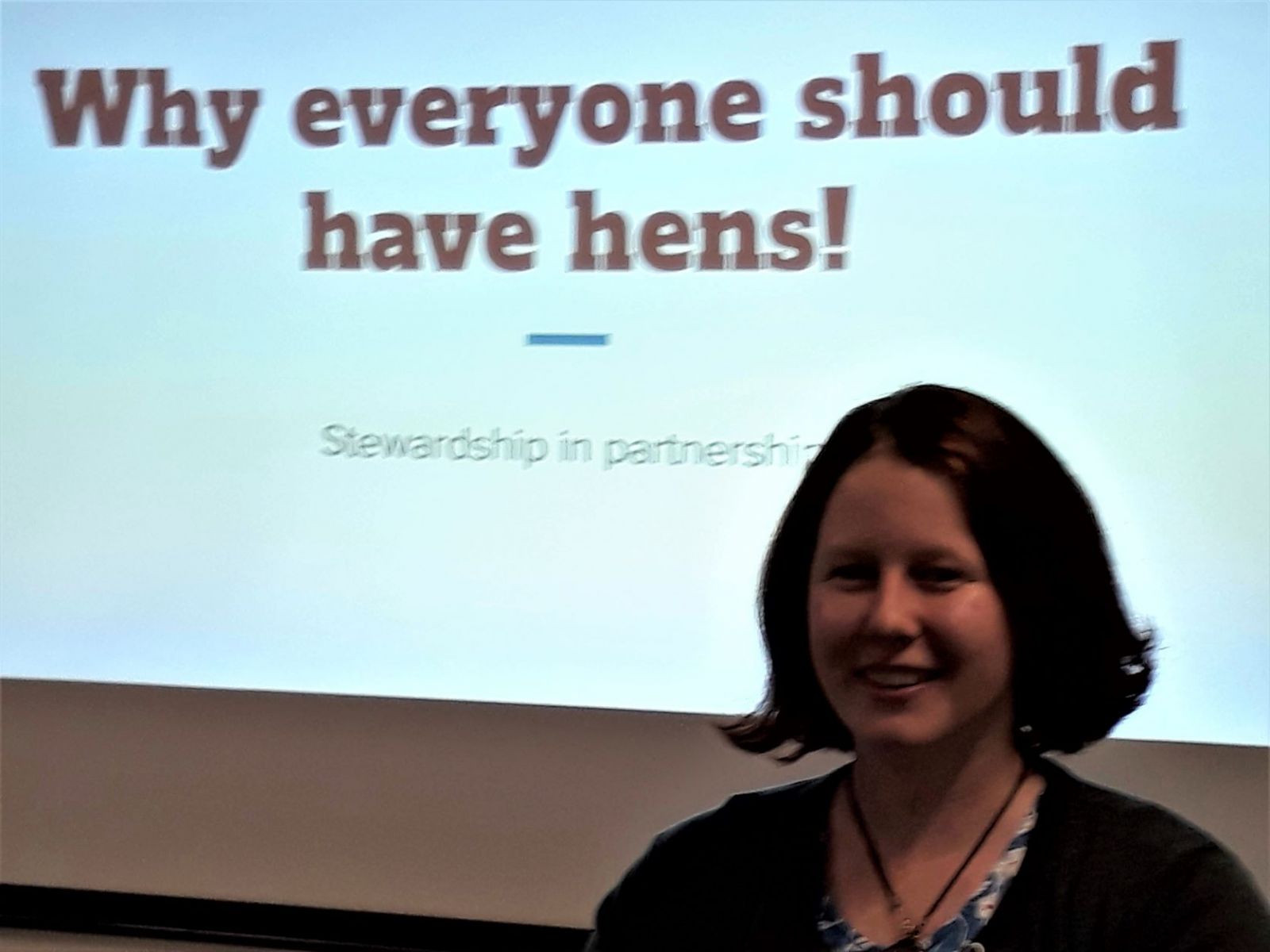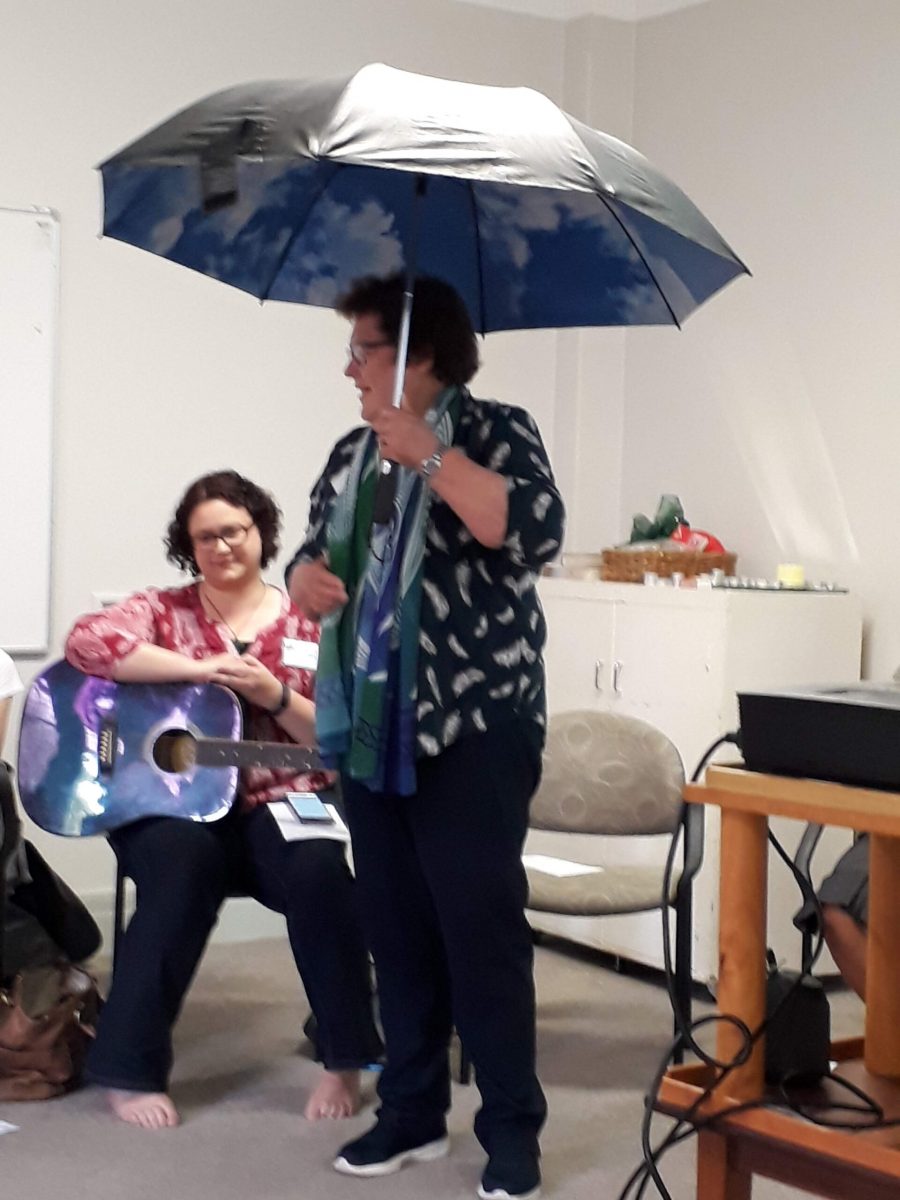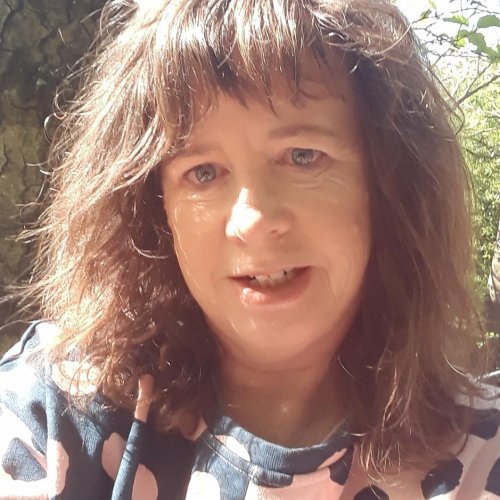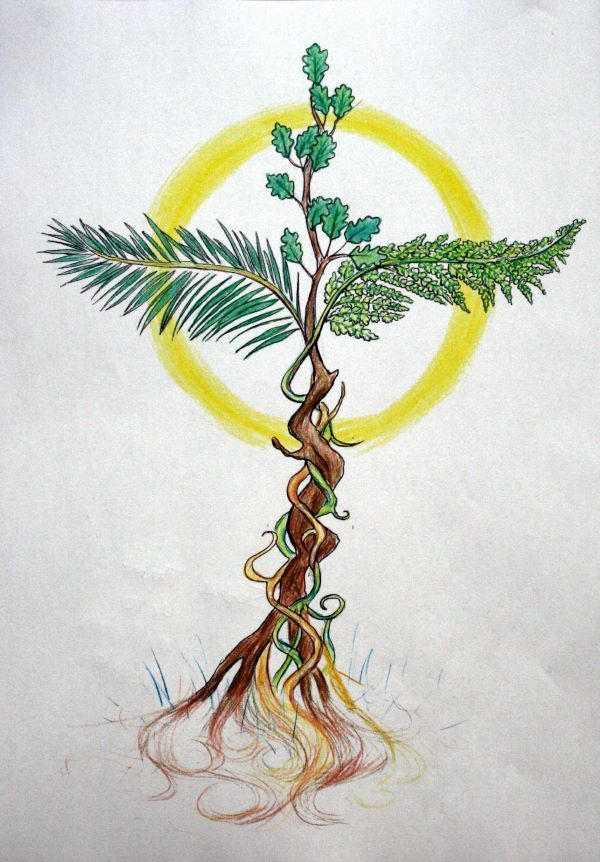We have vision, we have courage, we have guidance
Te Ara Poutama Tuatahi Co-design Summary
By Val Goold and Steve Taylor.

Word Cloud created from responses to the summary of the project which began most conversations.
We are seeking a roadmap for theological education and ministry training for the whole Church from 2020-2040.
Te Kotahitanga
By doing so we aim to transform training and formation to better reflect the needs of changing patterns of mission and a changing societal context for the mission of the church.
This roadmap/strategy is intended to inform and guide Te Kotahitanga, and will ensure transparency in decisions on funding, and enable a more strategic and prioritized approach in light of changing needs.
Broadly, the roadmap would shape the education and training relevant to advancing the mission and ministry of the Anglican Church in Aotearoa, New Zealand and Polynesia. This includes theological education, ministry training and formation, – whether residential, regional or distance – and facilitating the resourcing of such education and training over this period, including a transitional phase-in period. The roadmap needs to reflect Te Pouhere and the foundational aspiration that our Church should reflect the tikanga (ways of being) of our three constituent parts. Training and formation should recognise the diversity of worldviews and approaches, including the guarantees of Te Tiriti o Waitangi. It should also reflect regional and national diversity and needs.
Brief summary of Co-design listening
This is a brief summary of the Co-design listening. Our analysis drew on Archbishop Winston Halapua’s Prayer of the Moana, to synthesise 130 pages of data gathered from 40 listening interactions with 150 people. A complete summary of the listening was submitted to Te Kotahitanga entitled “Te Ara Poutama Tuatahi Co-design Listening Summary August 2021.pdf”.
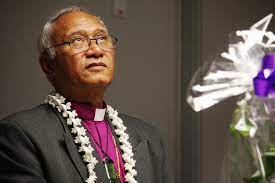
Loving and Embracing God, We affirm our guardianship of the precious gift of creation We have a vision, We have courage, We have Your guidance.
A loving and embracing God offers rich theologies, including of faith, formation, mission and ministry, to Te Pae Tawhiti. The early missioners called Christianity “Te tino waere ataahua” (the beautiful faith that clears the way). This provides a rich theology of formation, inviting learning journeys that transforms people, church, society. These learning journeys are shaped by Christ’s mission which is everywhere. This Christology, articulated in different ways across all three tikanga, suggest education as centred in Christ’s mission and involving all of God’s people – for example public health carers, scientists, community workers, clergy and many more.
Guardianship of precious gifts can animate Te Pae Tawhiti. Origin and encounter stories locate a Christian education uniquely in this Province. What might it look like to invite each Diocese and hui amorangi to gather around sites (people or places) of training and formation significant to their history? Awareness of people and places will bring thankfulness and encourage further waka voyaging in theological education, formation and training.

We heard a vision for theological education, training and formation, in which mātauranga Māori and moana theology are embedded in the church. Mātauranga Māori is a way of forming people and communities, tying thinking to doing, seeking excellence in serving communities and society. There is a need to understand how Mātauranga Māori and Moana theology might be cross-tikanga resources in journeys of formation for ministry and mission.
The “whole Church” phrase in the Te Kotahitanga summary was widely affirmed. We use the phrase ‘ministry and mission participants’ to express a vision of accessible formation for all God’s people. Across all Tikanga, people dreamed of training in context and formation in starting new things. The church has significant resources, financial and in a breadth of traditions. How could these resources be harnessed to encourage different approaches and new training pathways?
Naming realities can be discomforting. Yet difficult conversations can become transforming realities. The courage to name realities, invites a future focused on how to form ministry agents, clergy and lay, stipended and non-stipended, who are attentive to context, powers and margins.
The aim of co-design is to engage stakeholders and participants in order to guide the research. As we listened in Te Ara Poutama Tuatahi we heard affirmation of the importance and timeliness of this journey. We heard concerns, which we believe can be addressed.
As a result of the co-design, the following research question is proposed:
“How can we form ministry and mission participants for changed and changing times?”
This involves further sub-questions:
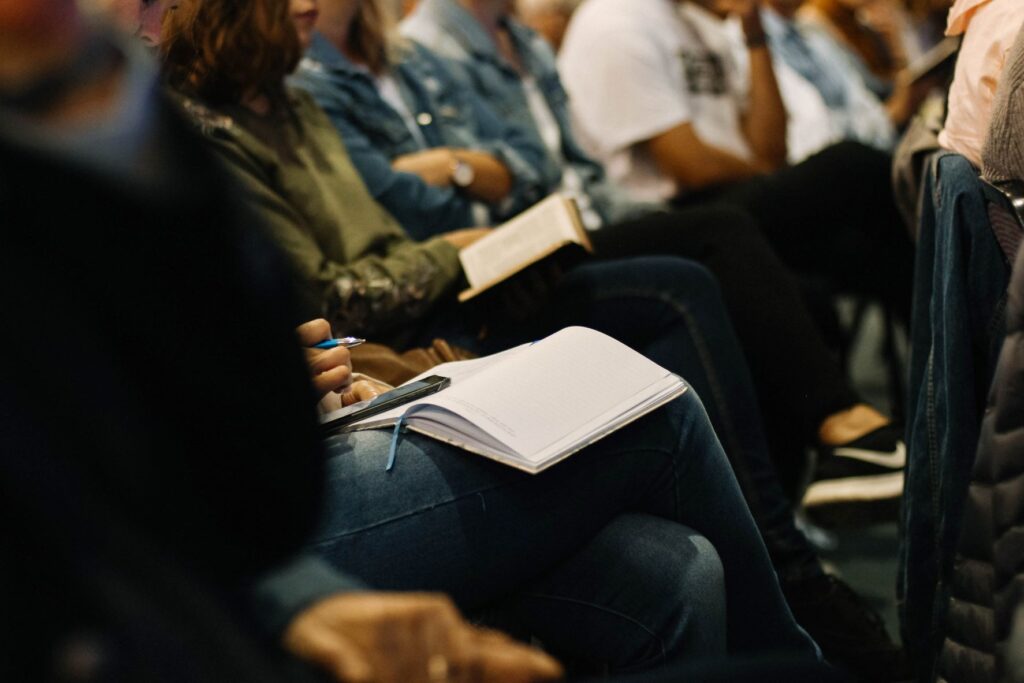
- How do we form, equip, encourage and nurture lifelong learning for clergy and lay, stipended and non-stipended, and for all of life?
- How do we form ministry and mission participantsattentive to context, power, margins and grounded in Te Tiriti?
- What role can significant financial resources play in forming ministry and mission participantsfor changed and changing times?
- How can we encourage different learning journeys and also seek ways to learn together?
- How might Moana theology shape journeys of formation for ministry and mission?
- How might mātauranga Māori provide a cross-tikanga resource in journeys of formation for ministry and mission?
- How are emerging ministry and mission participantsbeing formed?
How are emerging ministry and mission participantsformed in digital spaces?
The researchers were humbled by the wealth of wisdom shared in this initial phase of this research and we welcome any ongoing feedback or questions as the research progresses:
Email: TePaeTawhiti@anglicanchurch.org.nz
